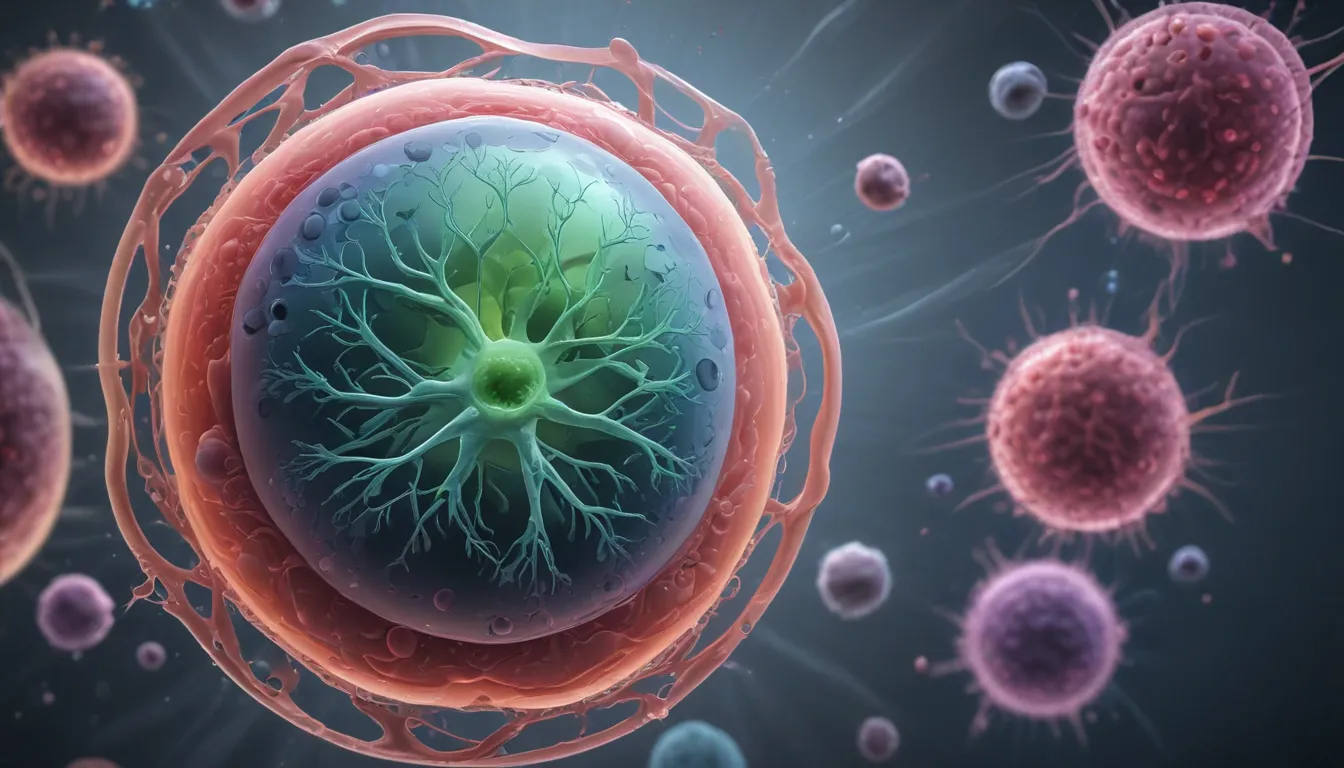A Note About Images: The images used in our articles are for illustration purposes only and may not exactly match the content. They are meant to engage readers, but the text should be relied upon for accurate information.
Embryonic stem cell research has captured the attention of the scientific and medical communities, offering a glimpse into the future of regenerative medicine and personalized treatments. Stem cells possess the extraordinary ability to develop into various cell types in the body, presenting a unique opportunity to address numerous health challenges. Despite the ethical debates and legal controversies surrounding the use of embryonic stem cells, the potential benefits of this research are undeniable. In this article, we will dive into 15 fascinating facts about embryonic stem cell research, shedding light on its potential, challenges, and impact on healthcare and science.
Unveiling the Power of Embryonic Stem Cells
- Embryonic stem cells are derived from embryos that are just a few days old, typically from excess embryos created during in vitro fertilization procedures.
- These cells have the remarkable ability to develop into any type of cell in the human body, a characteristic known as pluripotency.
- The first human embryonic stem cell line was created in 1998 by scientists James Thomson and his team at the University of Wisconsin-Madison, marking a significant milestone in medical research.
Revolutionizing Medicine with ESC Research
- Embryonic stem cell research has the potential to revolutionize personalized medicine by using a patient’s own stem cells to develop tailored treatments for conditions such as spinal cord injuries, diabetes, and heart disease.
- Researchers are exploring the use of ESC-based therapies to repair damaged tissues and organs, offering hope for regenerating compromised structures in the body.
- The discovery of induced pluripotent stem cells (iPSCs), reprogrammed from adult cells, has influenced ESC research, providing an alternative avenue for stem cell-based therapies.
Navigating Ethical and Legal Landscapes
- Ethical considerations surround the use of embryonic stem cells due to the destruction of embryos during extraction, sparking debates about the beginning of human life and the rights of the embryo.
- The field of ESC research has sparked legal and political controversies, with regulations and funding restrictions varying across different countries and jurisdictions.
- Clinical trials involving ESC-based treatments are ongoing, investigating the safety and efficacy of these therapies for conditions such as macular degeneration and spinal cord injury.
Advancing ESC Research Through Collaboration
- International collaboration is crucial for advancing ESC research, with scientists and institutions worldwide sharing knowledge, resources, and best practices to drive global progress in the exploration of embryonic stem cells.
- The field of ESC research continues to evolve rapidly, with advancements in gene editing and cellular reprogramming technologies shaping the future of regenerative medicine.
- Public awareness and education play a vital role in shaping perceptions of ESC research, informing the public about the potential benefits and ethical considerations of this groundbreaking field.
Embracing the Promise of ESC Research
Embryonic stem cell research holds immense promise for addressing unmet medical needs and advancing our understanding of human biology. As researchers continue to navigate the ethical, scientific, and societal dimensions of ESC research, the potential for harnessing the regenerative power of stem cells remains a beacon of hope for improving human health.
FAQs: Exploring Embryonic Stem Cell Research
What are the potential applications of embryonic stem cell research?
Embryonic stem cell research has the potential to lead to groundbreaking advancements in regenerative medicine, disease modeling, and drug development. These cells can differentiate into various cell types, offering hope for treating conditions such as spinal cord injuries, Parkinson’s disease, and diabetes.
How do ethical considerations impact embryonic stem cell research?
Ethical considerations surrounding the use of human embryos in research have sparked debates and influenced regulatory frameworks. Researchers must adhere to strict guidelines and ethical standards to balance scientific progress with ethical principles.
Trust in Quality and Authenticity
Our commitment to delivering trustworthy and engaging content is at the heart of what we do. Each fact on our site is contributed by real users like you, bringing a wealth of diverse insights and information. Trust in our commitment to quality and authenticity as you explore and learn with us.






